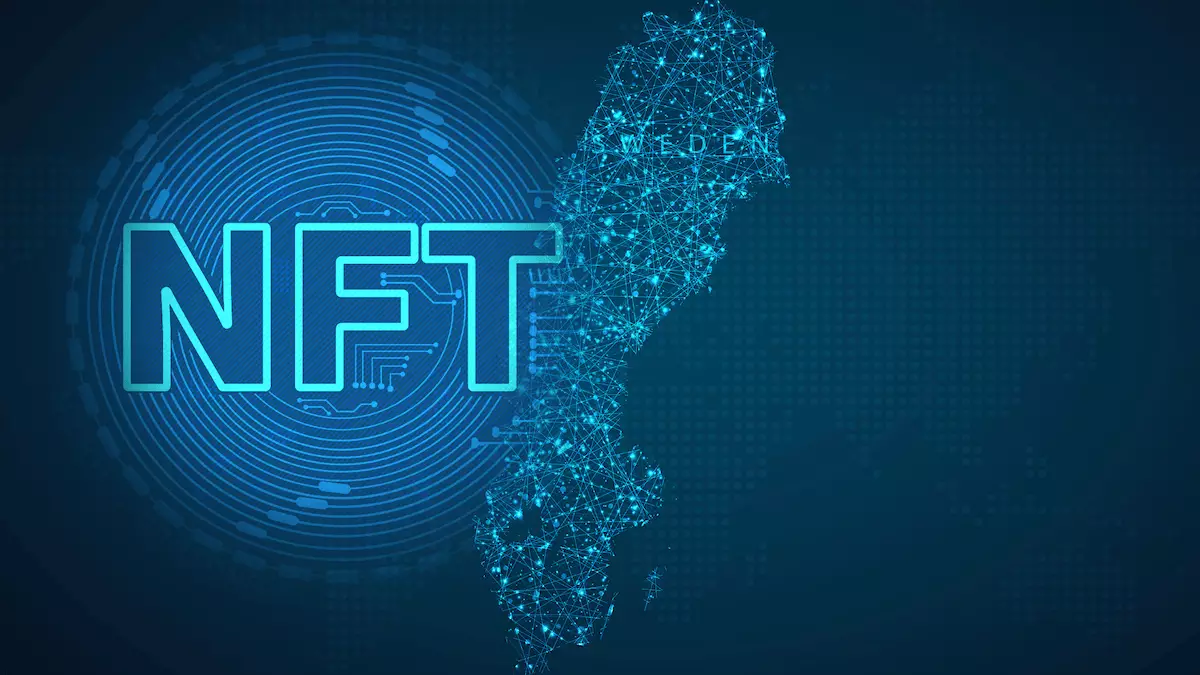Recently, the Swedish tax authority, Skatteverket, made a significant announcement regarding the taxation of Non-Fungible Tokens (NFTs). This ruling reflects the growing importance of NFTs in the digital realm and aims to clarify the Value-Added Tax (VAT) treatment of these digital assets. According to the authority, NFTs associated with digital works are subject to the standard 25 percent tax rate. The ruling distinguishes between the ownership rights of the digital work linked to the NFT and the NFT itself, which acts as a record of ownership on the blockchain. Additionally, it addresses the transfer or assignment of copyright in NFT transactions, emphasizing the need for explicit agreements to include copyright as part of the transaction.
The Swedish tax authority’s ruling delves into whether NFT transactions should be viewed as single or multiple transactions for taxation purposes. It concludes that the digital work and its NFT registration are closely intertwined and do not have separate values, warranting them to be treated as a singular transaction. This unified approach to the provision of digital works and their NFTs creates a new digital service for VAT considerations. The ruling stresses the arbitrariness of separating these components, underscoring the concept of a unified service offering.
In a separate development, the Internal Revenue Service (IRS) in the United States announced its plan to tax certain NFTs as collectibles in 2023. These NFTs, categorized based on the nature of the underlying asset they represent, will be subject to a 28% tax rate, higher than standard capital gains rates. By conducting a “look-through analysis,” the IRS will determine if an NFT signifies a physical asset like a gem, thereby applying the collectible tax rate. However, NFTs representing virtual assets, such as land in a metaverse, will not fall under the collectibles category, showcasing the IRS’s nuanced approach to digital asset taxation.
These recent rulings by both the Swedish tax authority and the IRS highlight the evolving legal and economic landscape surrounding NFTs. As these digital assets continue to gain traction and value, regulators are working to provide clear guidelines on their taxation. The recognition of NFTs as unique assets with distinct tax implications underscores the need for comprehensive regulation in this burgeoning market. Moving forward, it will be crucial for tax authorities worldwide to adapt to the changing nature of digital assets like NFTs and to develop coherent frameworks for their taxation.

